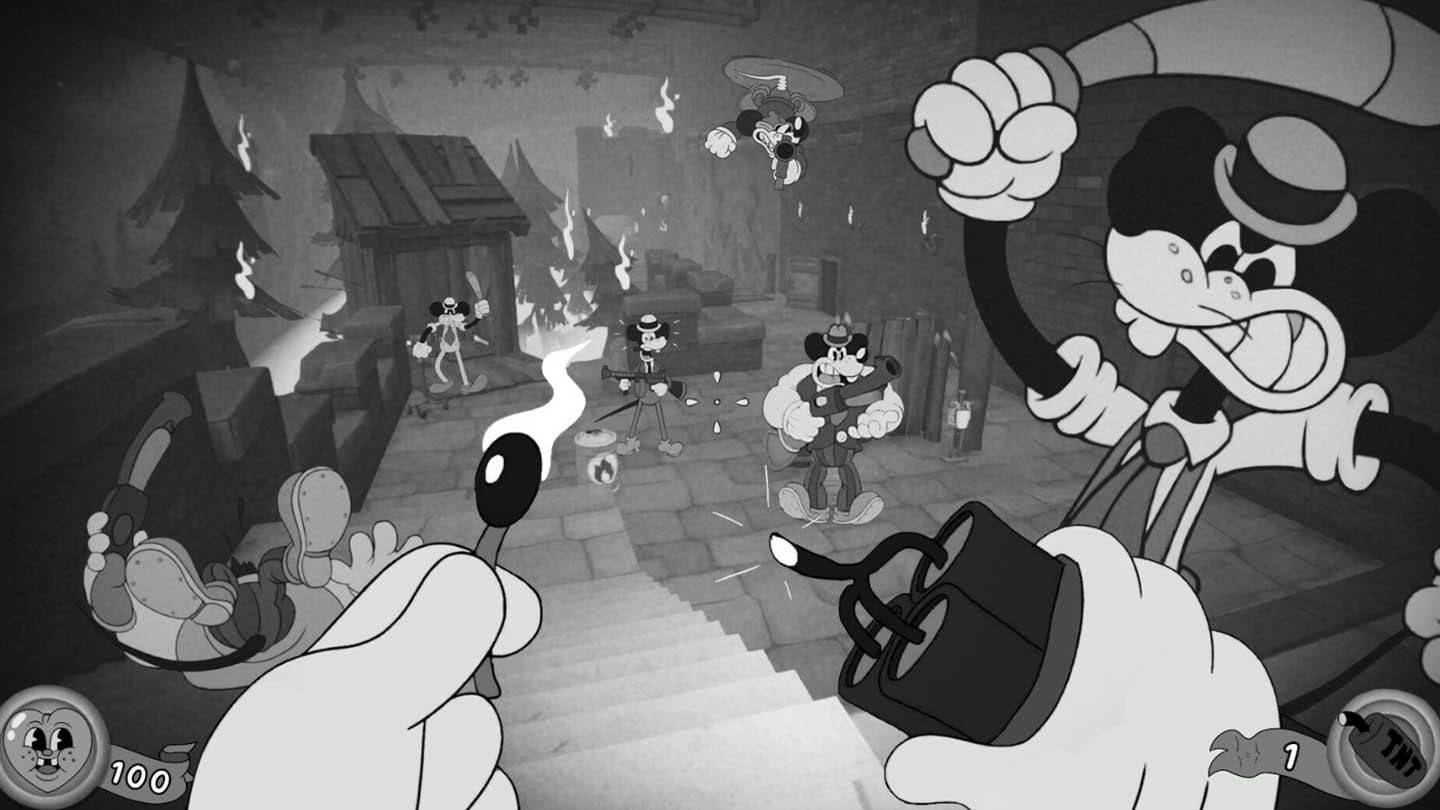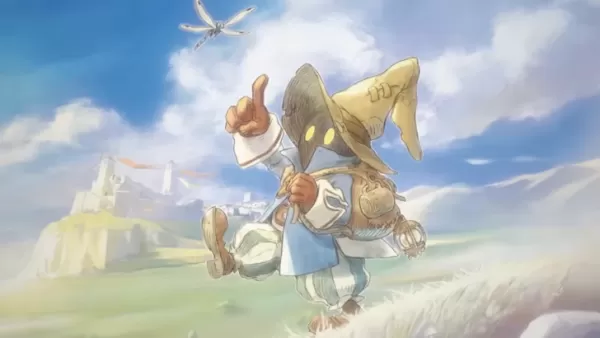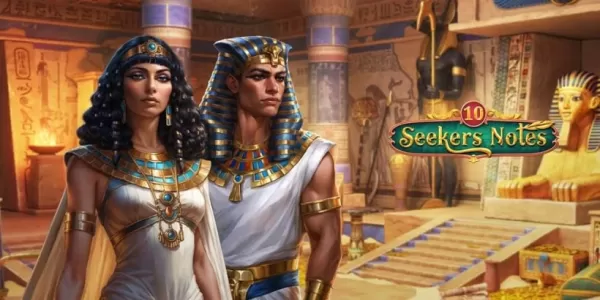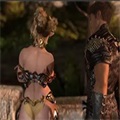The integration of artificial intelligence (AI) in gaming has sparked a range of discussions among developers, with prominent figures like NieR series director Yoko Taro expressing apprehension about the potential impact on job security within the industry. In a recent interview featured in Famitsu and translated by Automaton, a panel of distinguished Japanese game developers, including Yoko Taro, Kotaro Uchikoshi (known for Zero Escape and AI: The Somnium Files), Kazutaka Kodaka (Danganronpa), and Jiro Ishii (428: Shibuya Scramble), delved into the future of adventure games and the role of AI.
During the conversation, the topic of AI's influence on game development was central. Kotaro Uchikoshi voiced his concerns about the rapid evolution of AI technology, suggesting that AI-generated adventure games could soon become mainstream. However, he pointed out the current limitations of AI in achieving the level of "outstanding writing" that human creativity offers, emphasizing the importance of maintaining a "human touch" to differentiate from AI-driven content.
Yoko Taro shared similar worries, suggesting that AI could lead to game creators losing their jobs, drawing a parallel to bards in the future. He envisioned a scenario where, in 50 years, game creators might be seen in a similar light.
The discussion extended to whether AI could replicate the intricate worlds and narratives these creators are known for. Yoko Taro and Jiro Ishii acknowledged the possibility, while Kazutaka Kodaka argued that although AI might mimic their styles, it wouldn't capture the essence of a creator's unique approach. Kodaka likened this to how David Lynch could alter his style while still maintaining authenticity, something AI would struggle to replicate.
Yoko Taro suggested using AI to generate new scenarios, like alternate routes in adventure games, but Kodaka highlighted a potential downside: the personalization of gaming experiences could diminish the shared aspect of games.
The debate over AI in gaming is not isolated to this group. Other notable creators and companies, such as Capcom, Activision, and Nintendo, have also explored or commented on the use of AI in game development. Nintendo president Shuntaro Furukawa, for example, sees potential in using generative AI creatively but acknowledges the challenges related to intellectual property rights. Tech giants like Microsoft and PlayStation have also contributed to the ongoing discourse, reflecting the industry's mixed feelings about AI's role in the future of gaming.

 LATEST ARTICLES
LATEST ARTICLES 












